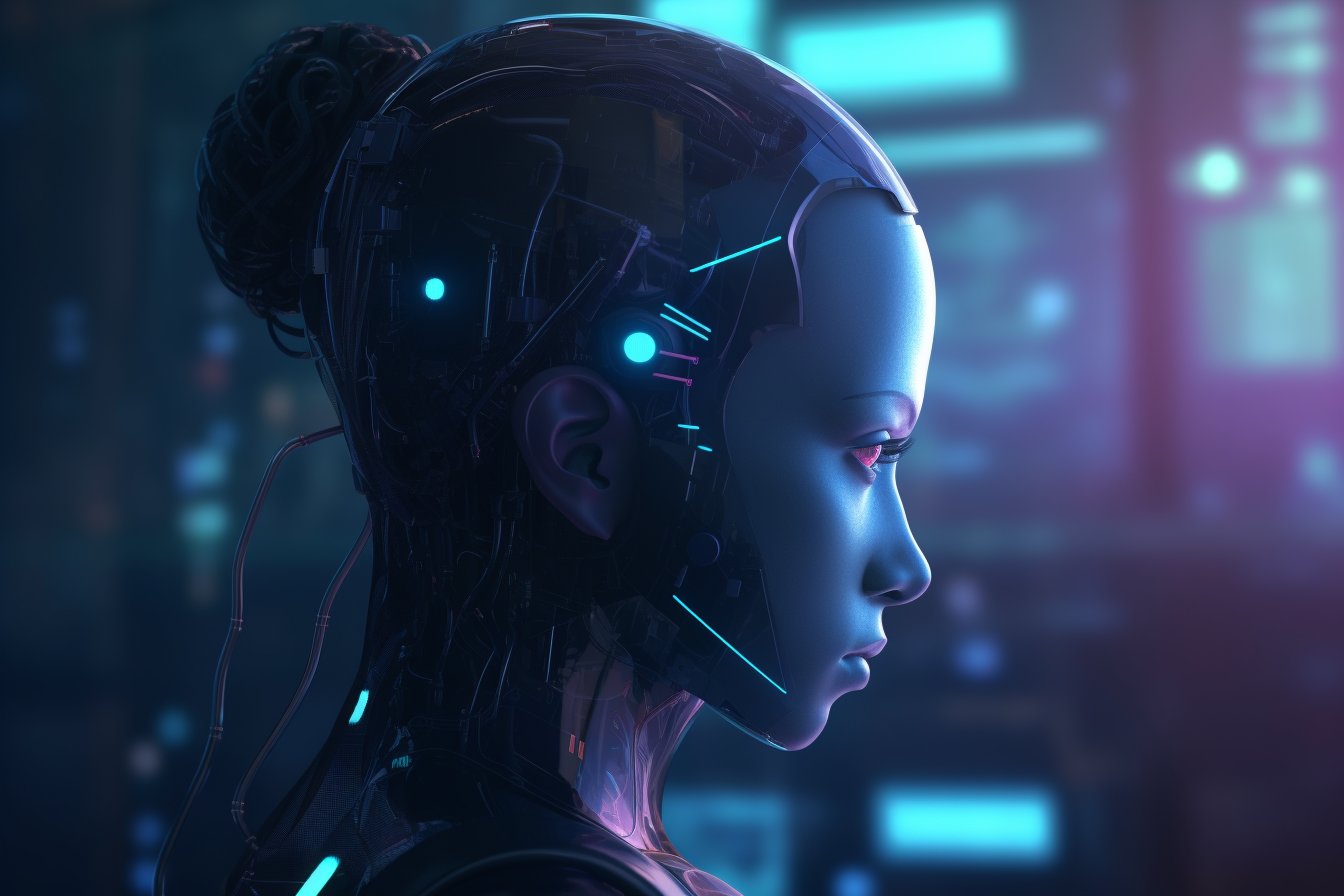As AI technology continues to advance, its integration into various industries has brought about significant transformations.
In the realm of game publishing, AI has emerged as a game-changer, revolutionizing game development, enhancing user experiences, and reshaping industry trends.
In this article, we will delve into the twelve revolutionary impacts of AI in game publishing, exploring how this cutting-edge technology is shaping the future of gaming.
12 Revolutionary Impacts of AI on Game Publishing
Unleash the power of AI in game publishing as we delve into the 12 revolutionary impacts that are transforming the gaming industry.
1. AI and Game Design
Game developers can now generate unique game levels, AI game characters, and scenarios by harnessing AI algorithms.
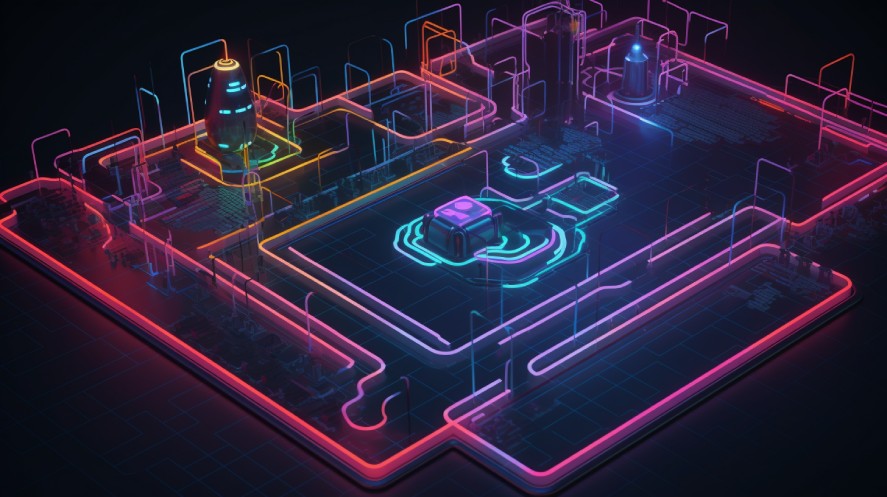
This enables the creation of dynamic and personalized gameplay experiences that captivate players from start to finish.
For instance, AI-generated game content algorithms have allowed games like No Man’s Sky to offer an entire universe with an astonishing 18 quintillion planets, each one distinct and procedurally generated.
2. Enhanced Gameplay Mechanics
AI plays a crucial role in improving non-playable character (NPC) behavior, making them more realistic and challenging.
Gone are the days of predictable NPC routines; AI-driven NPCs can now adapt and respond to player actions, creating immersive and engaging gameplay.
AI games such as “F.E.A.R.” have implemented advanced AI systems that dynamically adjust difficulty levels based on player performance, keeping gamers on their toes.
3. Procedural Content Generation
AI has revolutionized the way game worlds are created through procedural content generation.
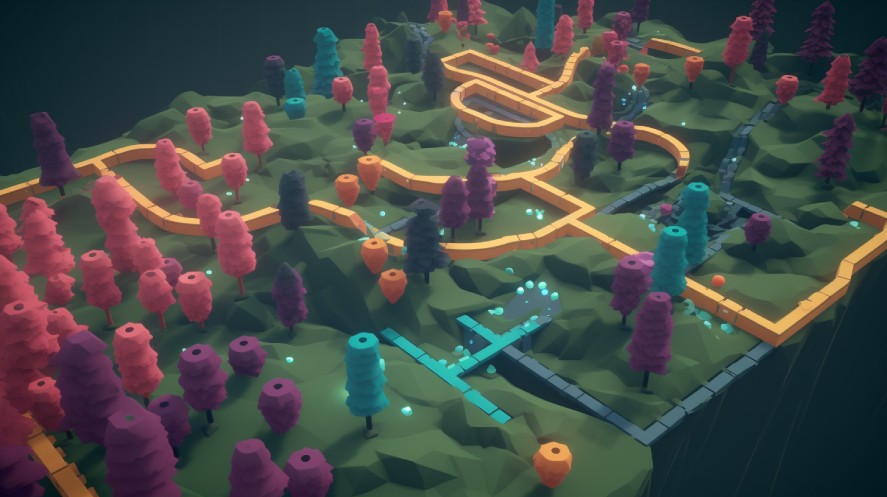
By leveraging AI algorithms, developers can generate vast and diverse game environments, including landscapes, quests, and items.
Minecraft, a popular sandbox game, relies heavily on procedural generation AI to create its infinite block-based world, offering players an endless realm of exploration and creativity.
4. Intelligent User Interaction
AI-powered chatbots and virtual assistants have transformed the way players engage with games.
These intelligent systems provide personalized support, guidance, and even witty banter, enhancing player immersion and satisfaction.
Integrating virtual assistants like Amazon’s Alexa in games such as “Assassin’s Creed Odyssey” enables players to interact with the game world using natural language, creating a more immersive and interactive experience.
5. Realistic Graphics and Visual Effects
AI-driven techniques, such as machine learning and neural networks, have propelled the field of computer graphics to new heights.

These advancements enable developers to achieve unparalleled graphical fidelity and realism in games.
AI technologies like NVIDIA’s DLSS (Deep Learning Super Sampling) employ neural networks to upscale game resolutions, enhance visual effects, and deliver breathtakingly realistic graphics.
6. Adaptive Game AI in Narrative and Storytelling
AI algorithms have ushered in a new era of adaptive narrative and storytelling in games.
AI in game narratives enhances immersion and personalization by dynamically adjusting the game based on player choices and behavior.
Games like “Detroit: Become Human” exemplify this capability, offering branching storylines that adapt to players’ decisions, creating a unique storytelling experience for each individual.
7. Smart Data Analytics
The power of AI game analytics is revolutionizing game publishing. AI can analyze vast amounts of player data to gain insights into behavior, preferences, and engagement patterns.
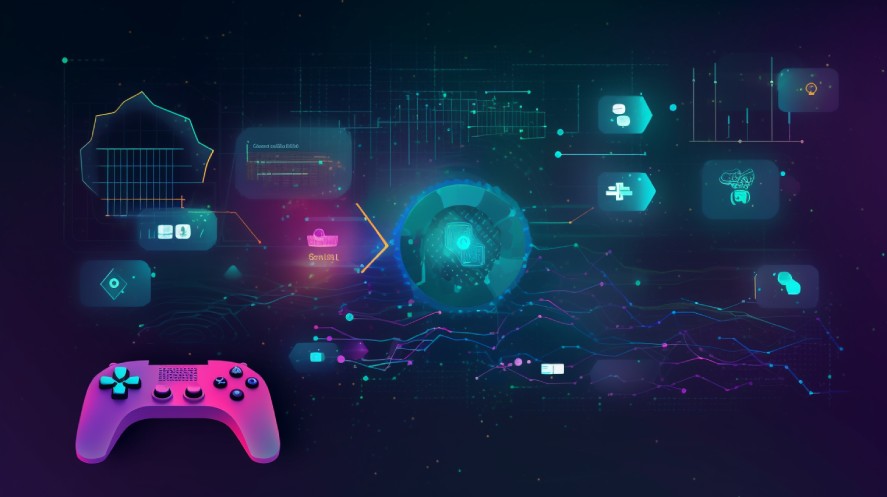
Armed with this information, game publishers can optimize game design, tailor monetization strategies, and deliver targeted marketing campaigns, resulting in better player experiences and increased revenue.
8. Proactive Bug Detection and Quality Assurance
AI has become a valuable asset in identifying bugs, glitches, and performance issues during AI-driven game development.
Through algorithms, developers can automate AI game testing processes, significantly improving the overall quality of games.
Ubisoft’s KIWI tool utilizes AI-driven bug detection to identify and resolve issues efficiently, ensuring smoother and more polished gaming experiences.
9. Personalized Game Recommendations
AI algorithms have the ability to analyze player preferences and behavior, allowing for highly personalized game recommendations.
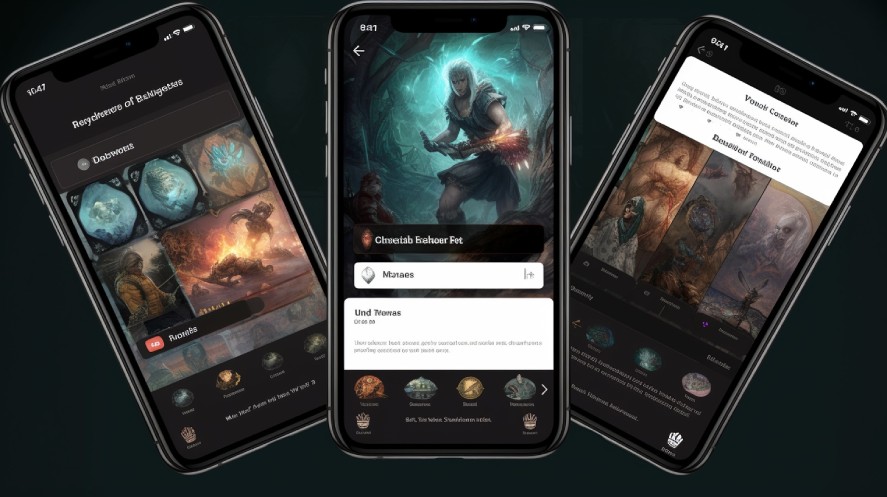
By understanding players’ gaming habits and interests, artificial intelligence gaming platforms like Steam can provide tailored suggestions, increasing player satisfaction and driving game sales.
With AI-powered personalized recommendations, players can discover new games that align with their preferences, leading to more fulfilling gaming experiences.
10. AI-Powered Anti-Cheating Systems
Cheating has long plagued multiplayer games, disrupting fair play and frustrating honest players.
AI technology has emerged as a powerful ally in combating cheating by detecting and preventing cheating patterns. Moreover, AI algorithms can identify suspicious behavior, detect aimbots, and enforce fair gameplay, creating a level playing field for all participants.

Games like “Valorant” leverage AI-powered anti-cheating systems to maintain integrity and fairness in online competitions.
11. Dynamic In-Game Advertising
AI’s data analysis capabilities enable game publishers to deliver targeted and contextually relevant in-game advertisements.
By analyzing player data, AI can optimize ad placement and tailor advertising content to individual players, enhancing monetization strategies for video game publishers.
The integration of dynamic in-game advertising ensures that players receive ads that are more relevant to their interests, creating a win-win situation for both publishers and players.
12. Streamlined Localization and Translation
AI-powered translation and localization tools have streamlined the process of adapting games for different regions and cultures.
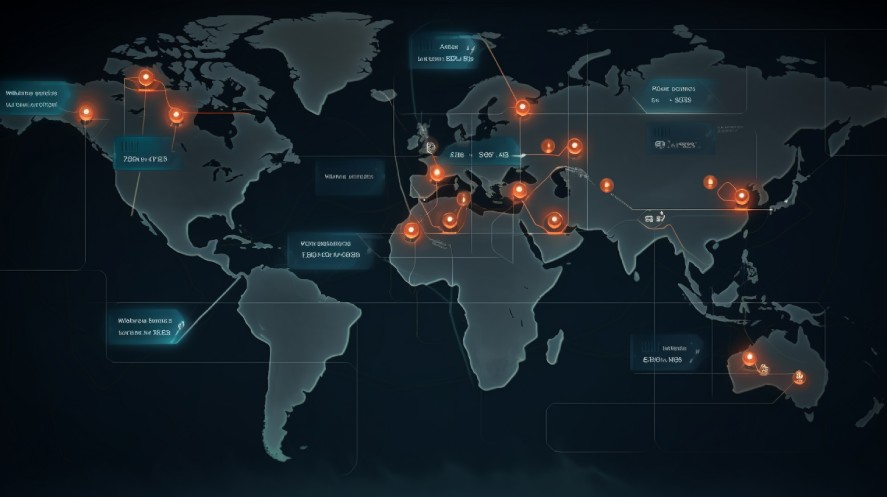
By leveraging AI algorithms, developers can expedite translation while ensuring accuracy and cultural sensitivity.
AI assists in translating game texts, dialogues, and interfaces, allowing games to be enjoyed by players worldwide in their native languages.
The Future of AI in Gaming
The integration of AI in gaming has already made significant strides, but its journey is far from over.

As technology continues to advance, the future of AI in gaming holds immense promise and opens up exciting possibilities for various aspects of the industry.
AI and Virtual Reality Gaming
Virtual reality (VR) has been a game-changer in providing immersive gaming experiences.
When combined with AI, it takes gaming to a whole new level. AI algorithms can enhance virtual reality gaming by creating intelligent NPCs, adaptive environments, and realistic simulations.
These advancements enable players to interact with lifelike characters and dynamically evolving virtual worlds, making the gaming experience truly immersive and captivating.
AI for Game Optimization
AI algorithms can analyze player behavior, system requirements, and real-time performance data to optimize game settings dynamically.
This includes adjusting graphics settings, frame rates, and other performance parameters to maintain a balance between visual fidelity and smooth gameplay.
AI-powered game optimization techniques allow players to enjoy high-quality visuals and seamless gameplay tailored to their specific hardware and preferences.
AI and Augmented Reality Gaming
Augmented reality (AR) has gained popularity with mobile gaming, offering unique experiences that blend the virtual and real worlds.
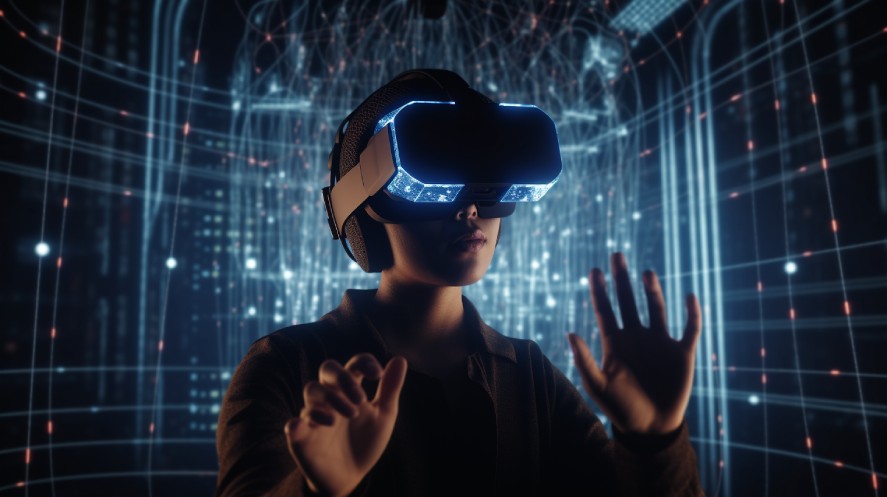
AI technology contributes to the advancement of AR gaming by enhancing object recognition, real-time tracking, and scene understanding. This enables the seamless integration of virtual elements into the real environment, creating interactive and engaging AR gaming experiences.
AI algorithms can also analyze the surroundings to generate contextual and location-based game content, making AR games more dynamic and captivating.
Artificial Intelligence in Mobile Gaming
Mobile gaming has witnessed exponential growth, becoming a dominant force in the gaming industry.
AI algorithms can optimize resource usage, reduce battery consumption, and enhance performance on mobile devices.
Additionally, AI-powered personalization and recommendation systems can offer tailored game suggestions based on user preferences, maximizing player engagement and satisfaction.
Game Engine Advancements
Game engines serve as the backbone of game development, providing tools and frameworks for creating interactive experiences.
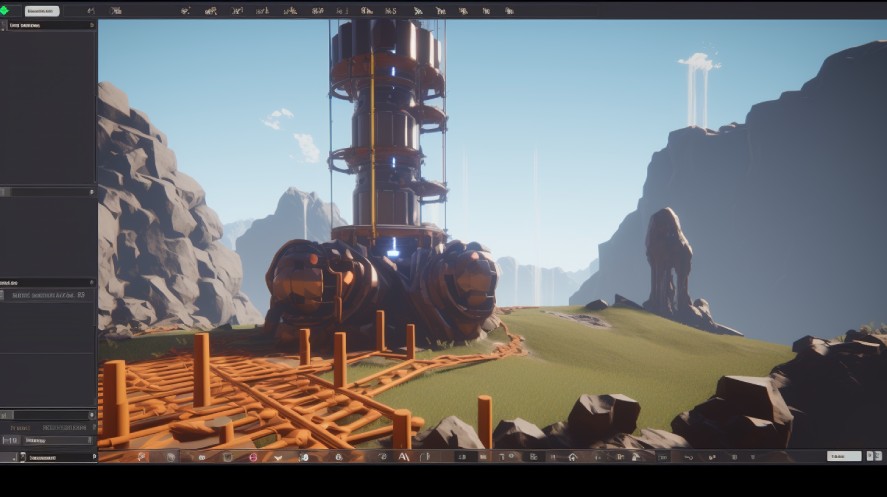
The integration of AI into game engines opens up exciting possibilities for developers. AI-powered game engines can automate repetitive tasks, streamline content creation, and enable realistic simulations.
With AI, developers can create intelligent systems, realistic physics simulations, and advanced procedural generation, reducing development time and enhancing the overall quality of games.
Conclusion
The impacts of AI in gaming and publishing are undeniably revolutionary.
From intelligent game design to enhanced gameplay mechanics, procedural content generation, personalized user interactions, and beyond, AI has reshaped the landscape of gaming.
As the gaming industry and AI continue to evolve, AI’s potential for growth and further advancements is boundless.
Embracing the power of AI ensures that game publishers can deliver immersive, innovative, and unforgettable gaming experiences to players around the world.
Loading survey...

